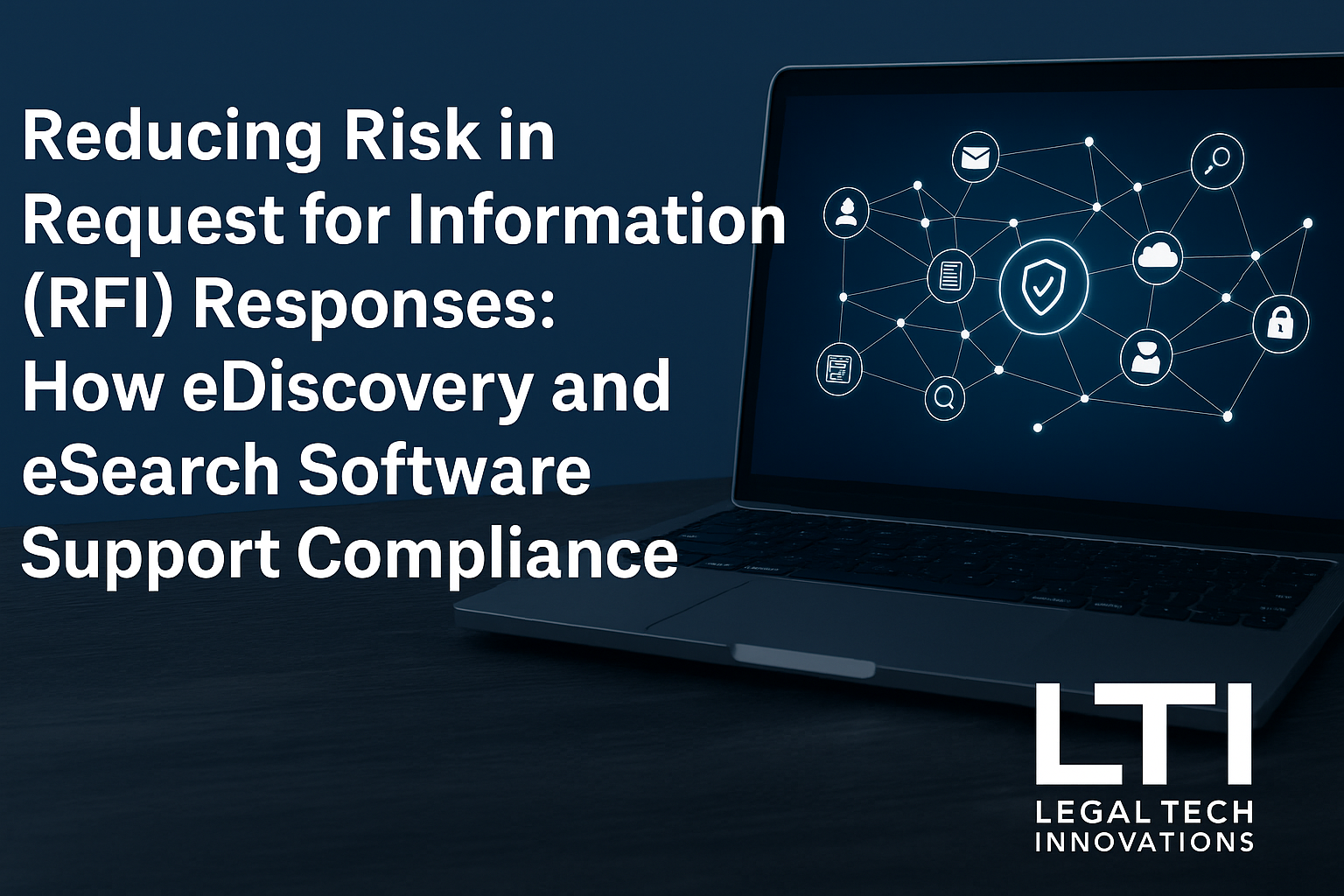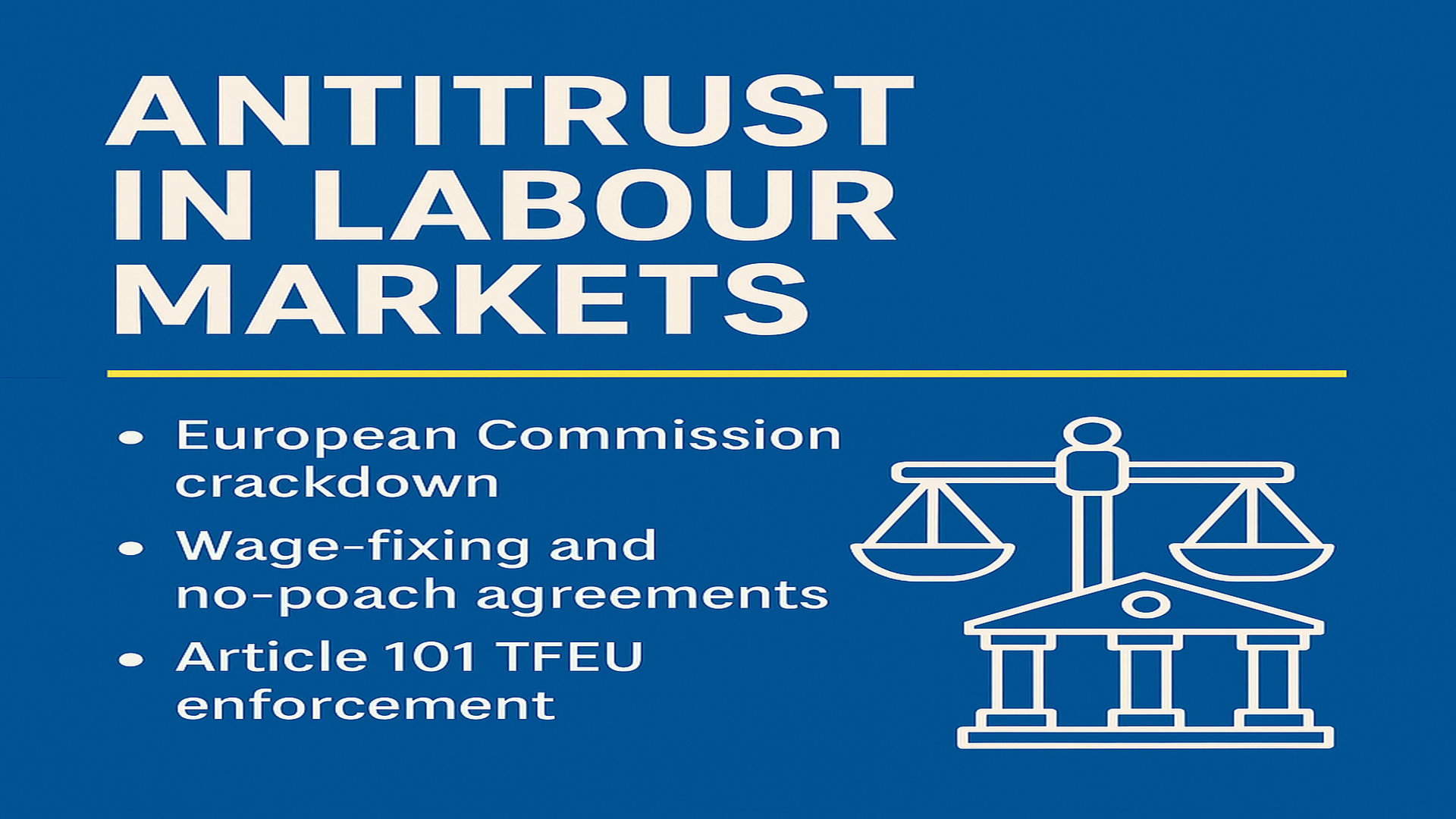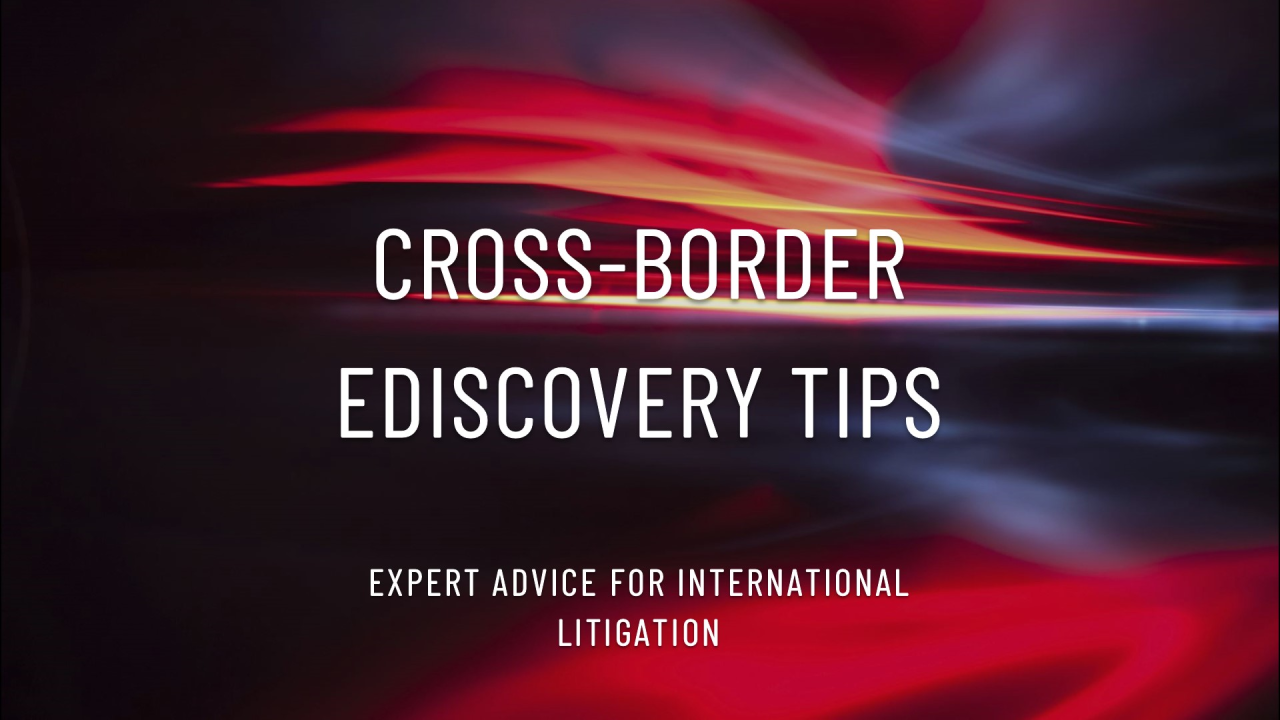Leveraging Mobile Phone Data in Investigating Anti-Competitive Practices

Leveraging Mobile Phone Data in Investigating Anti-Competitive Practices
Introduction
In the modern business landscape, maintaining fair competition is vital for economic growth, innovation, and consumer protection. However, instances of anti-competitive practices can harm market integrity, hinder fair trade, and negatively impact consumers and competitors alike. Conducting thorough investigations into these practices is essential to preserve a healthy competitive environment. One increasingly valuable source of evidence in such investigations is the data collected from mobile phones. This case study highlights why collecting data from mobile phones is essential when investigating anti-competitive practices.
Case Study
Imagine a scenario in the telecommunications industry involving two significant players, Company A and Company B. Both companies provide a wide range of services, including mobile and internet services, and have a significant market presence. The competition between the two companies is fierce, leading to suspicions of anti-competitive behaviour.
1. Communication Patterns: Mobile phone data can provide crucial insights into the communication patterns of key individuals within these companies. By analysing call records, text messages, and email interactions, investigators can uncover evidence of collusion, price-fixing discussions, or sharing of sensitive market information. These patterns can reveal connections between high-ranking executives, indicating potential anti-competitive agreements.
2. Location Data: Mobile phones constantly collect location data. This information can be used to track the movements of key personnel from both companies. Suspicious meetings or frequent interactions between executives from competing firms in non-public locations can indicate potential anti-competitive coordination. This data can help investigators establish a timeline of events and support claims of collusion.
3. Messaging Apps and Social Media: Many business discussions now occur on messaging apps and social media platforms, which are often less regulated than traditional communication channels. By examining messages exchanged through these platforms, investigators can uncover hidden conversations related to anti-competitive practices, such as market allocation, bid-rigging, or efforts to control prices. This evidence can be crucial in establishing a violation of competition laws.
4. Data Patterns and Anomalies:
Sophisticated data analysis can identify unusual patterns or anomalies within the mobile phone data. For example, a sudden increase in communication between specific individuals during a critical tender process may indicate potential collusion. These patterns can provide strong circumstantial evidence of anti-competitive behaviour, prompting further investigation and enforcement actions.
Conclusion
In the investigation of anti-competitive practices, collecting data from mobile phones is essential for uncovering critical evidence that may not be available through traditional means. Communication patterns, location data, messaging apps, and data anomalies can all contribute to building a comprehensive case against companies engaged in anti-competitive behaviour. By leveraging mobile phone data, regulatory authorities and law enforcement agencies can more effectively protect fair competition, deter wrongdoers, and ensure a level playing field for businesses and consumers.
Contact us to discover how LTI can help with your next investigation.
info@legaltechinnovations.com










